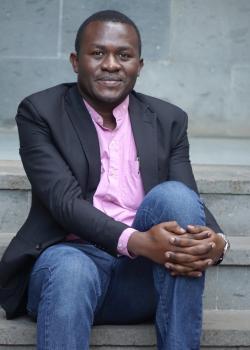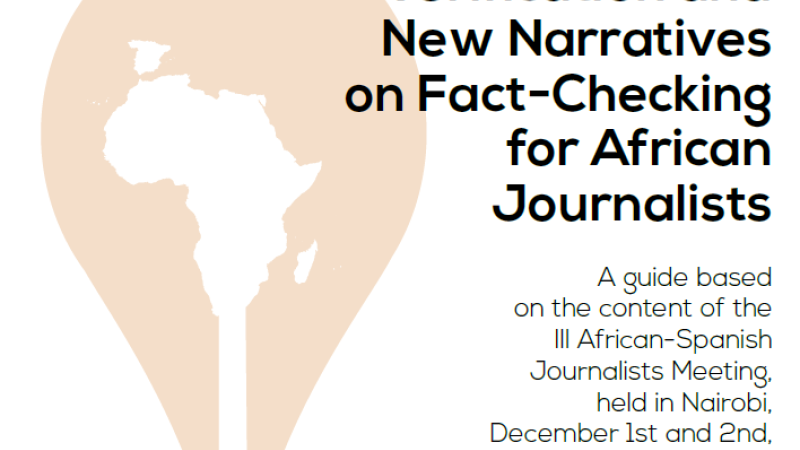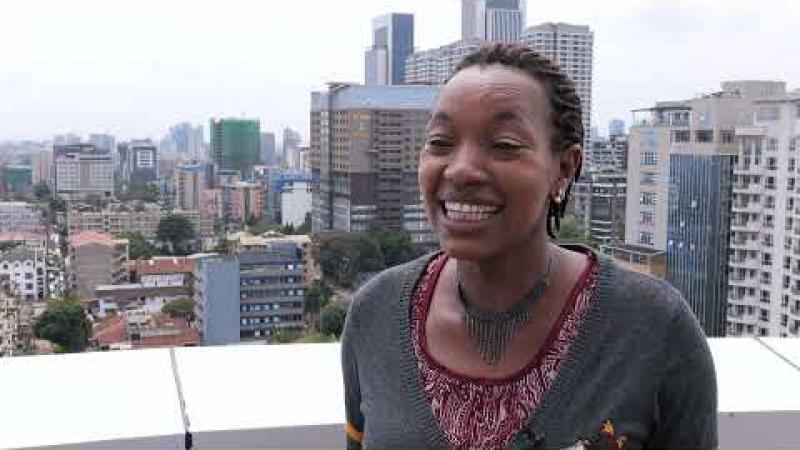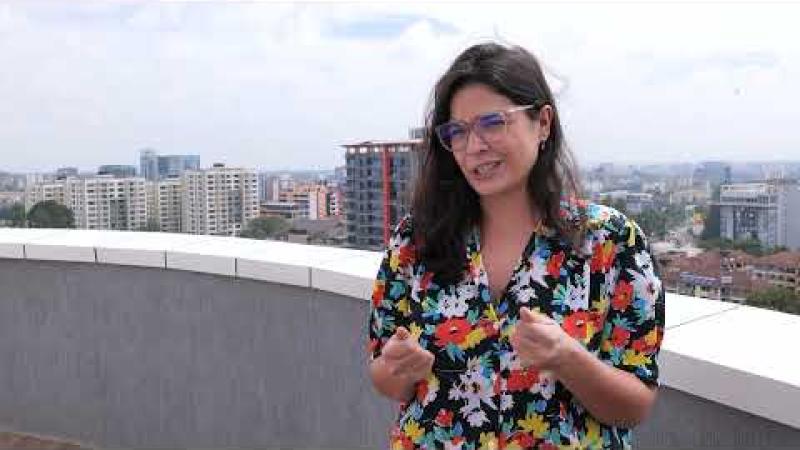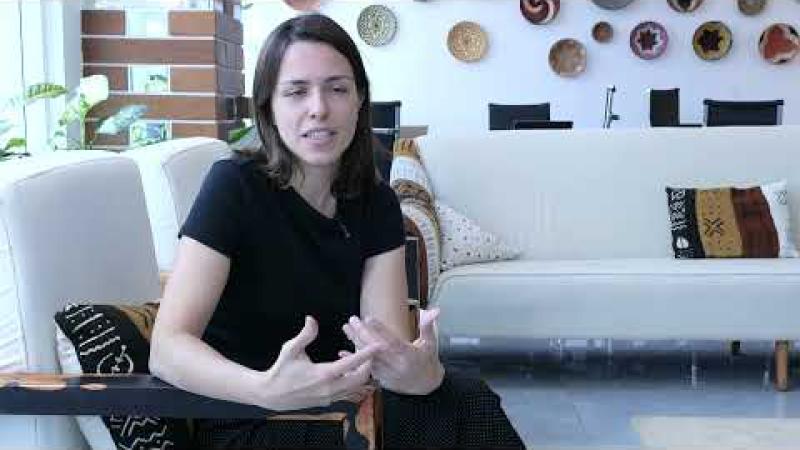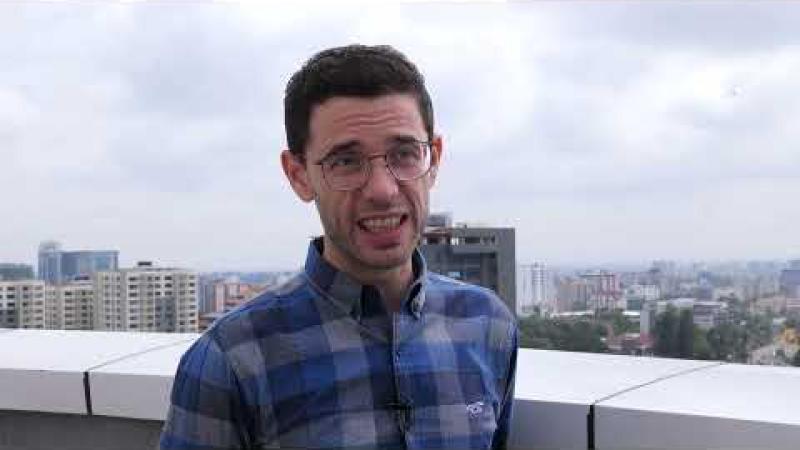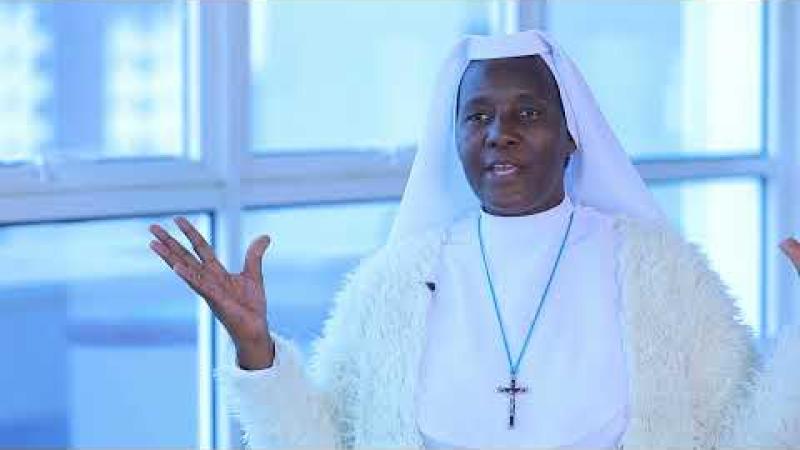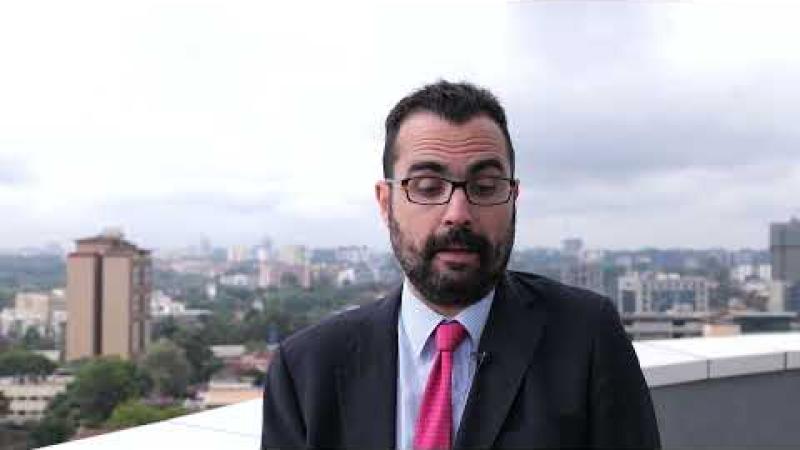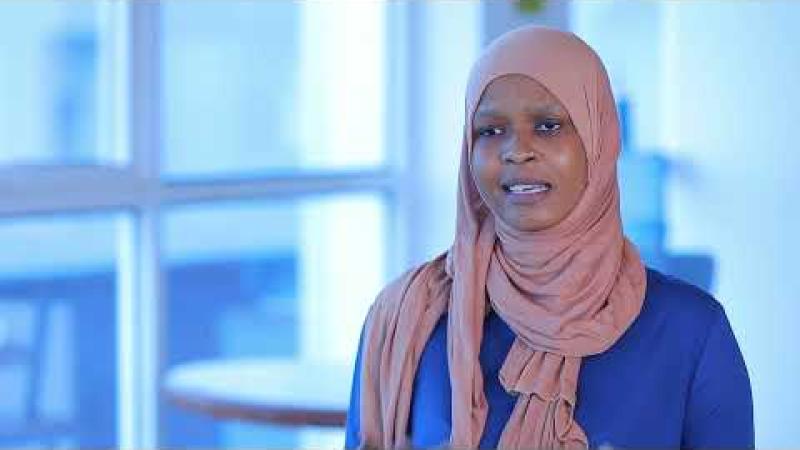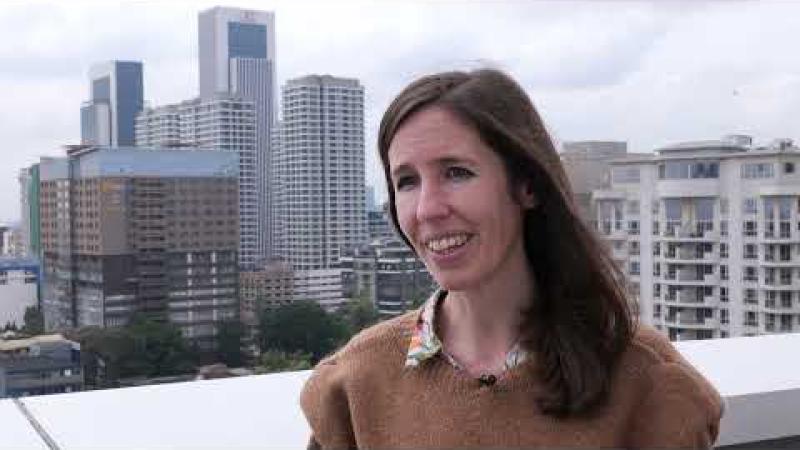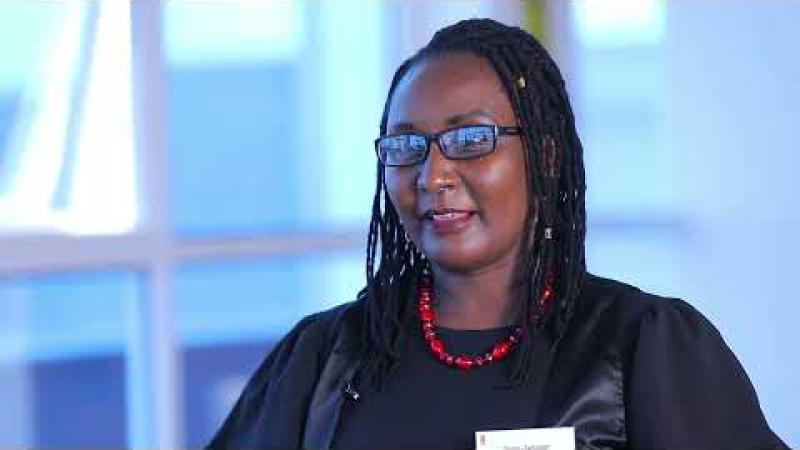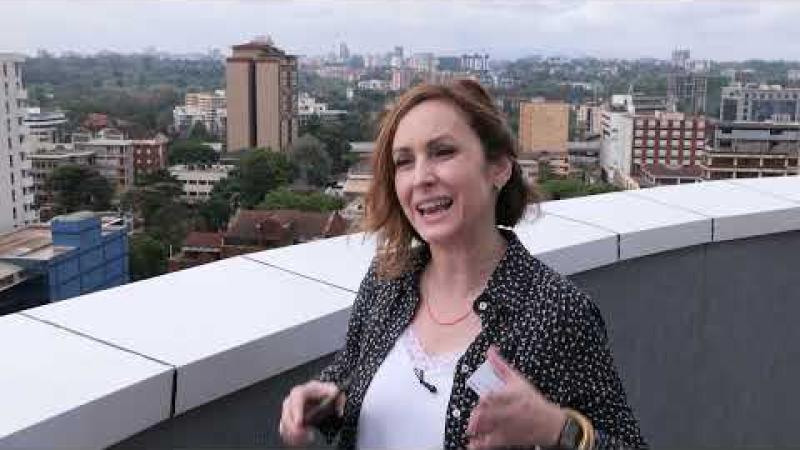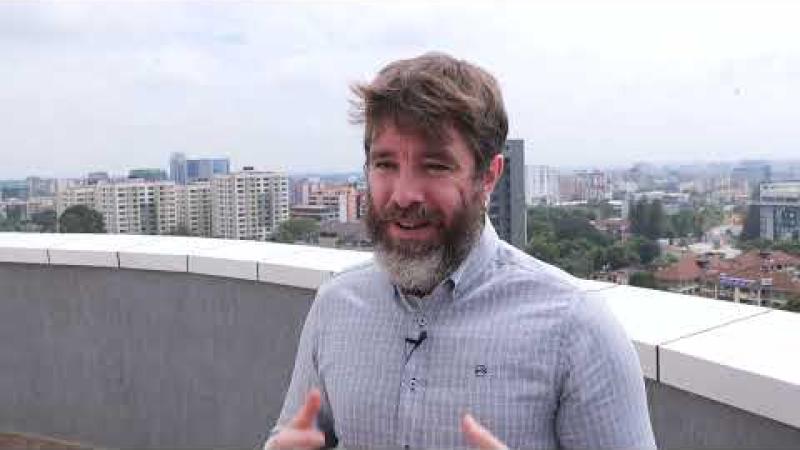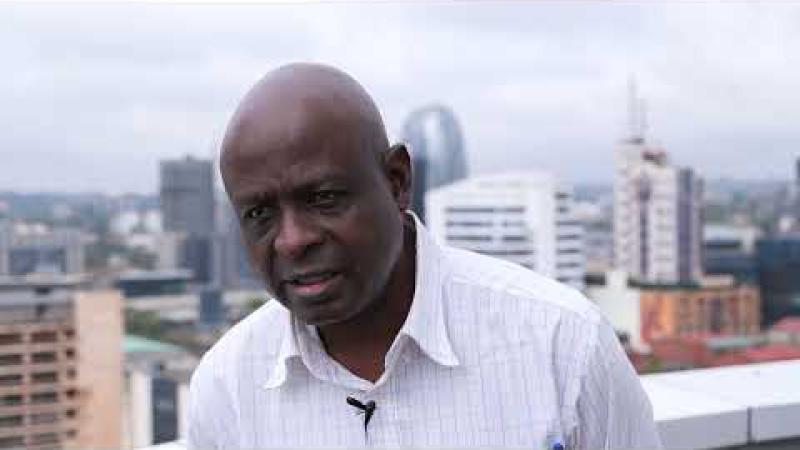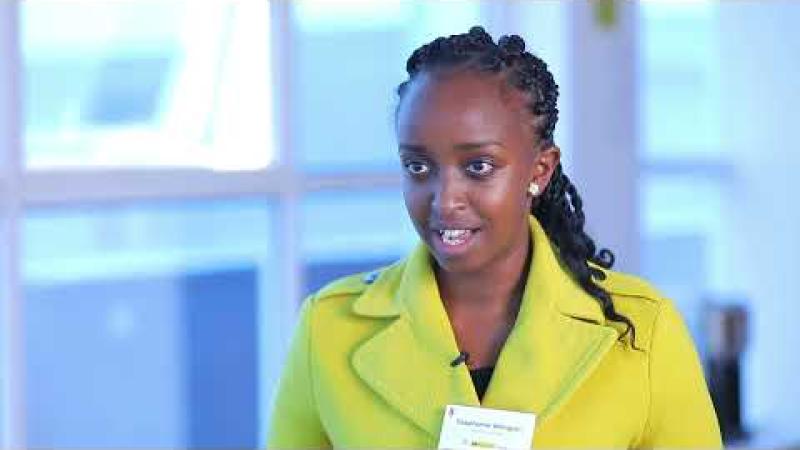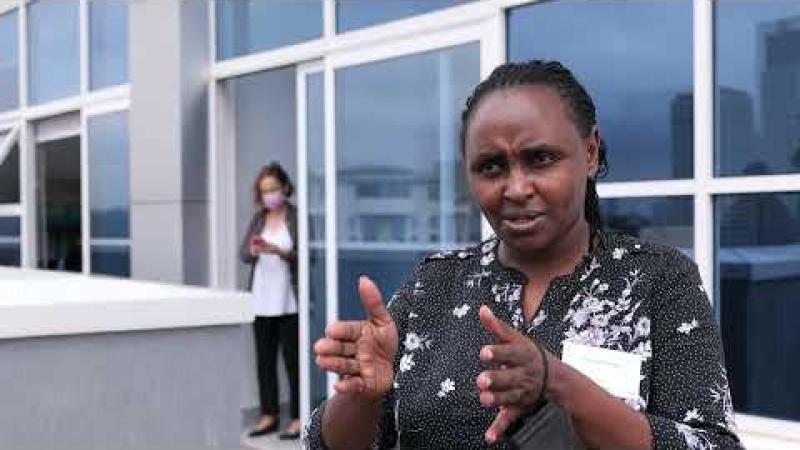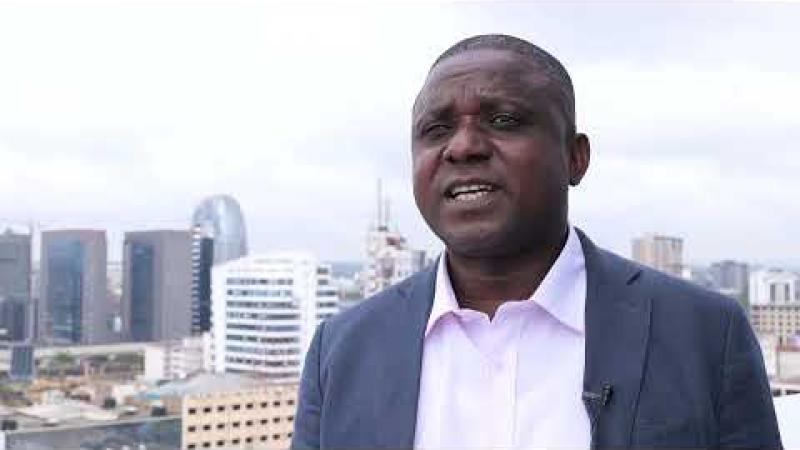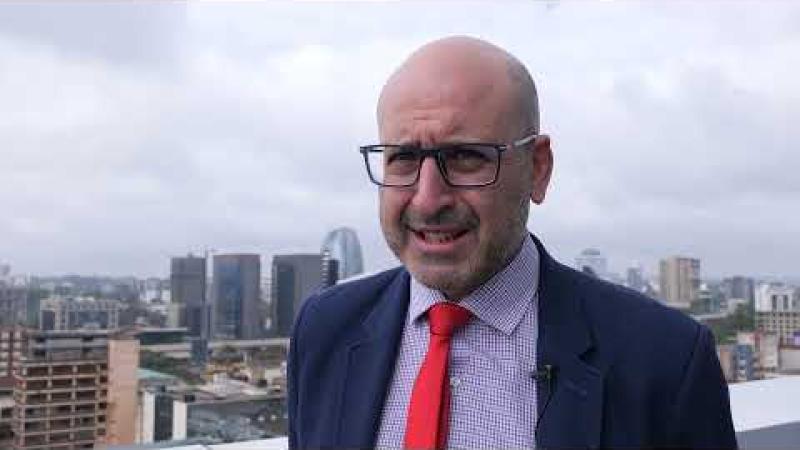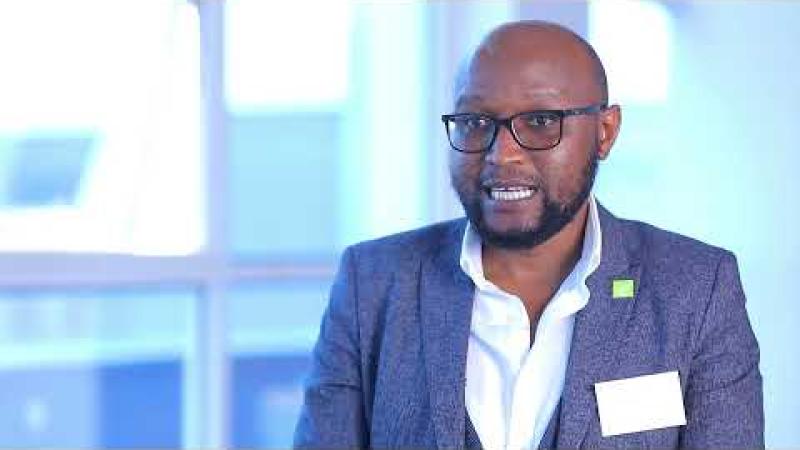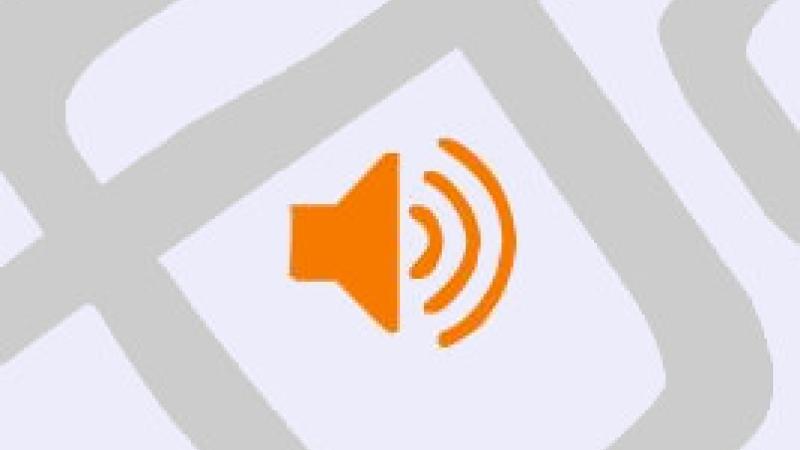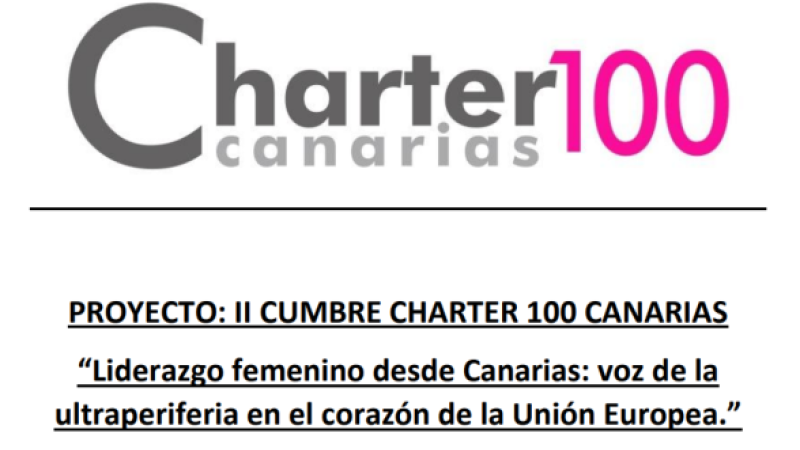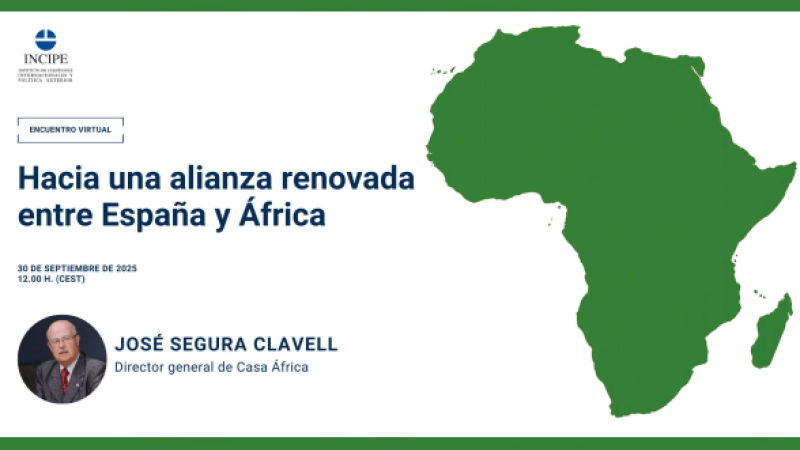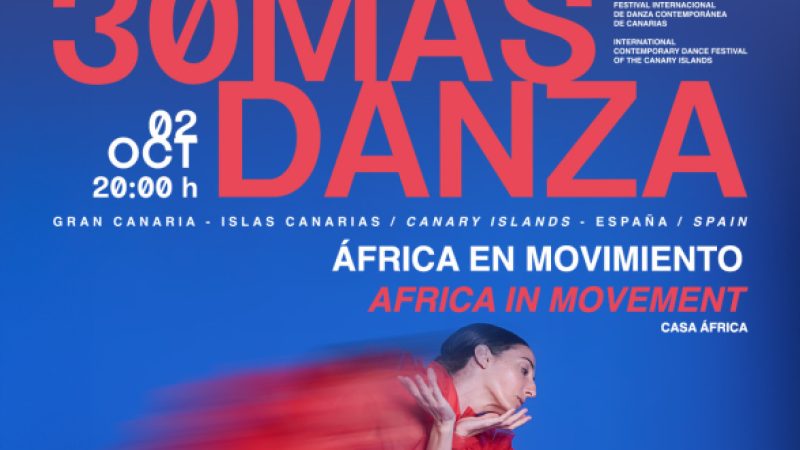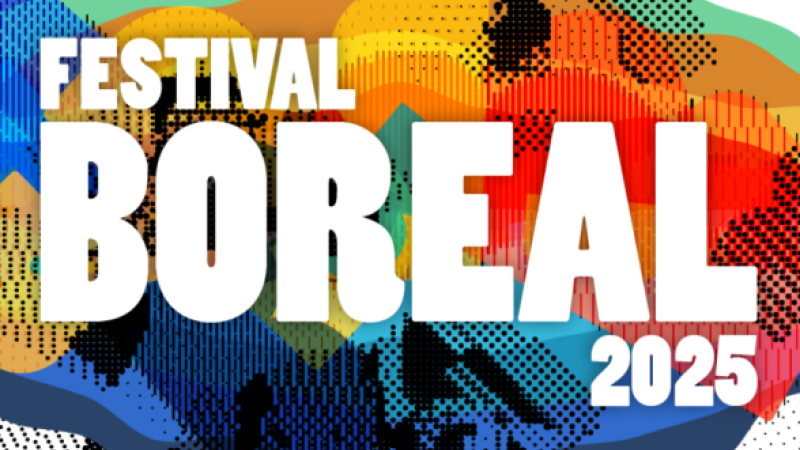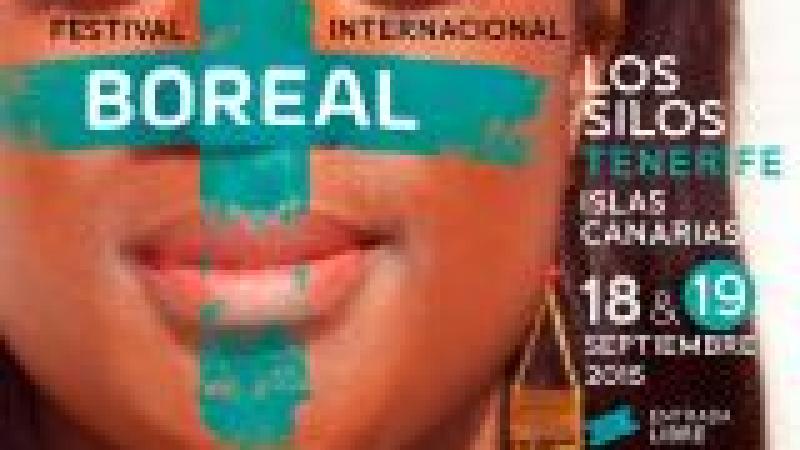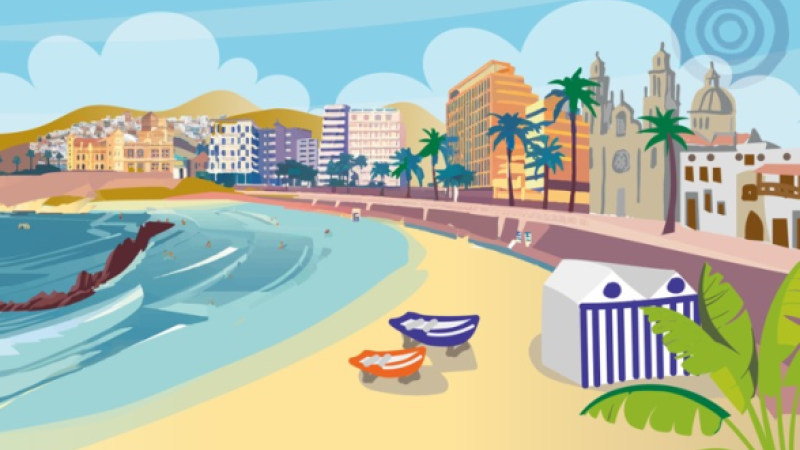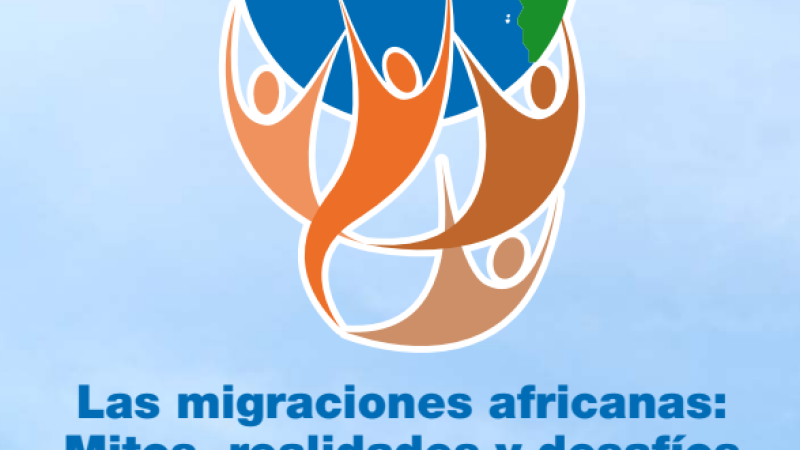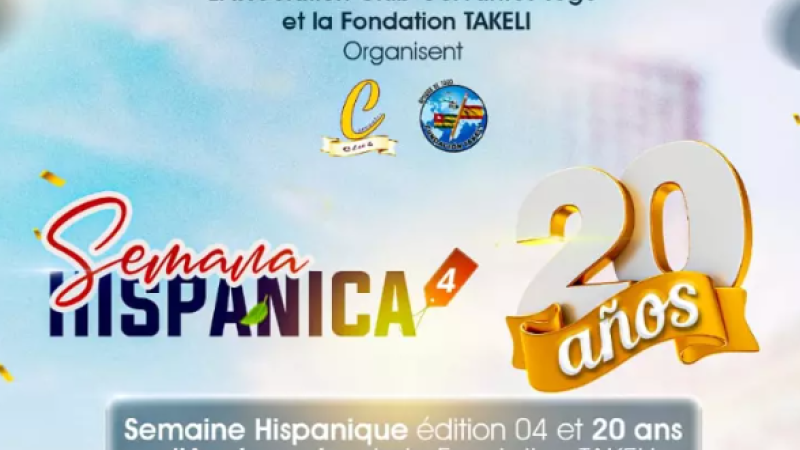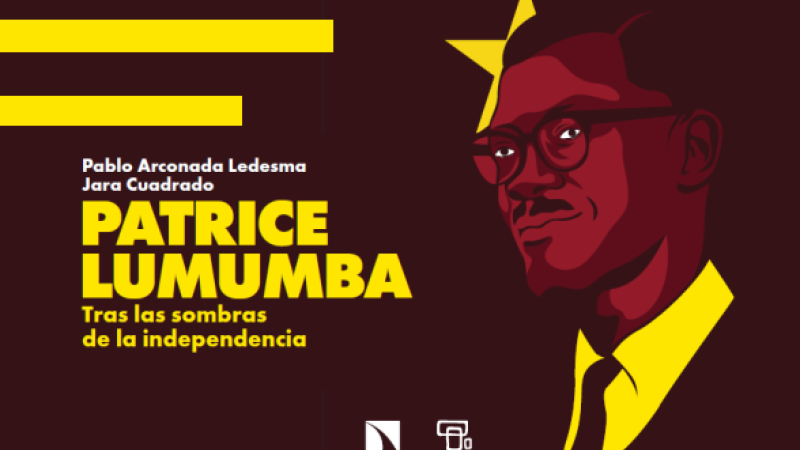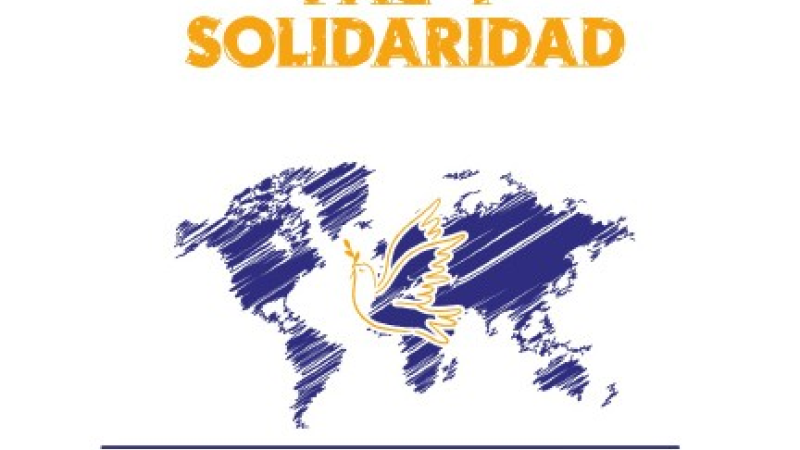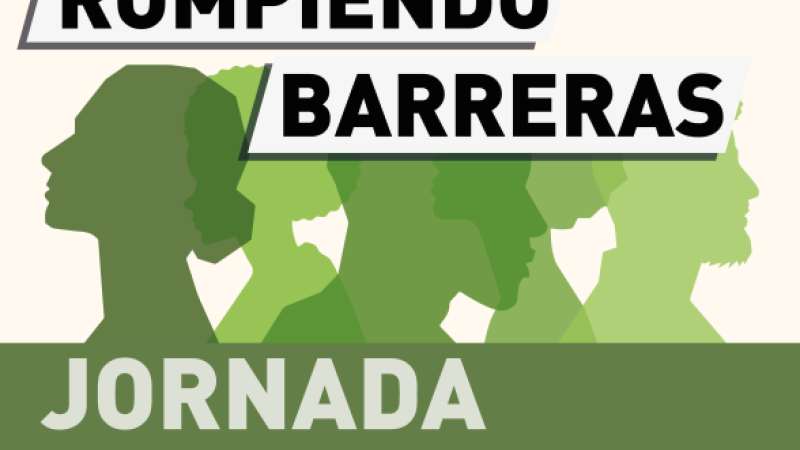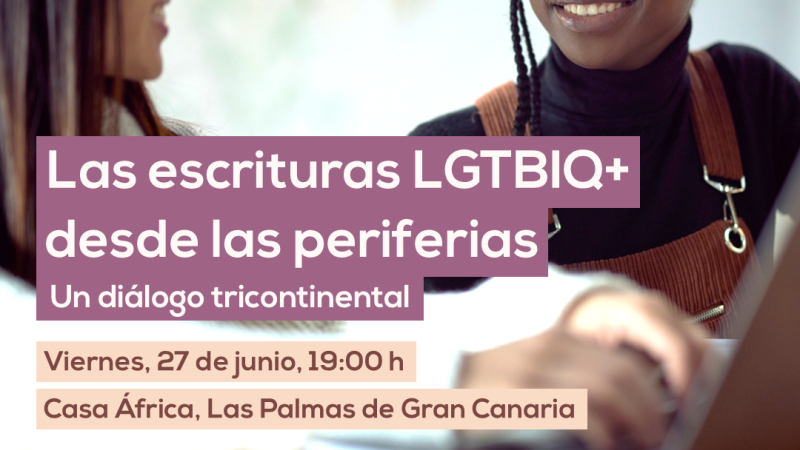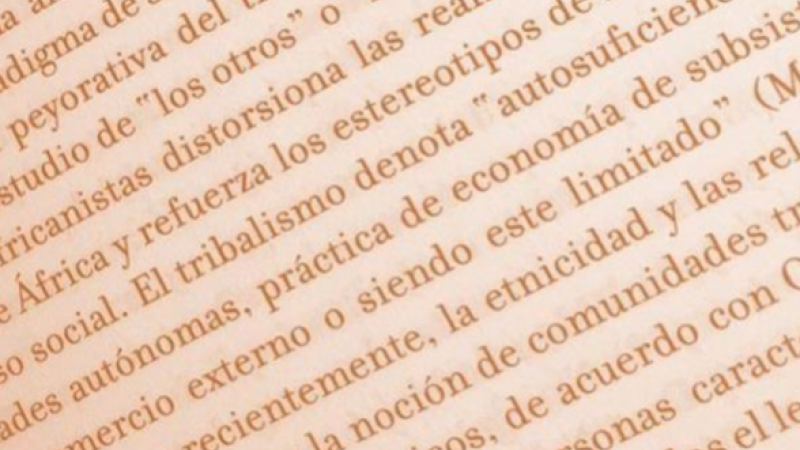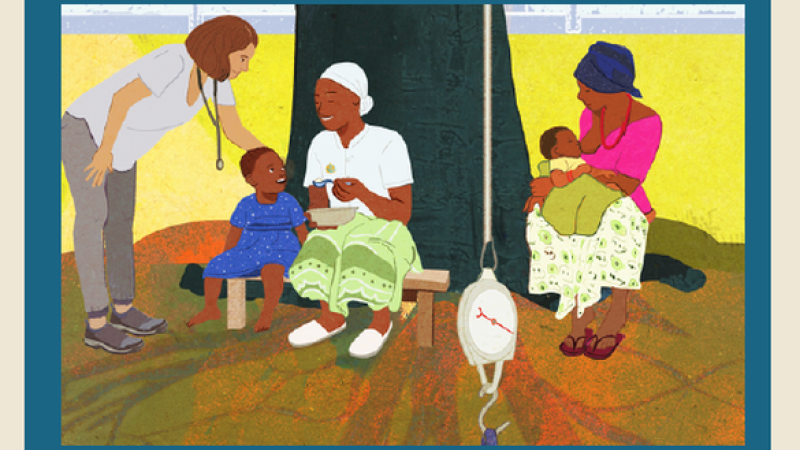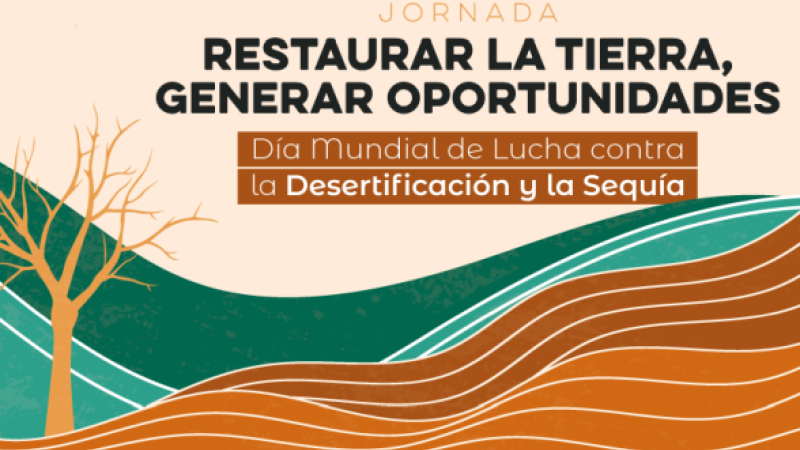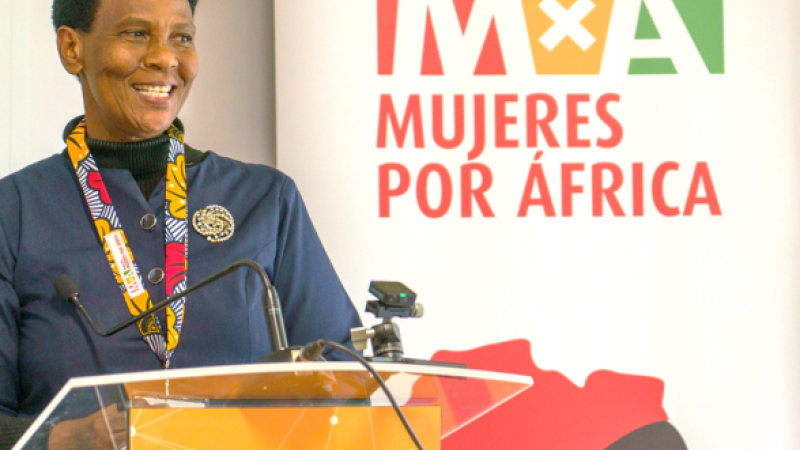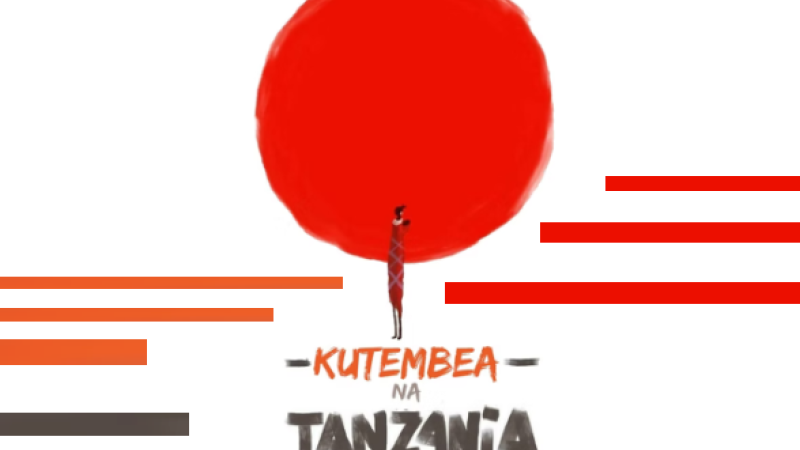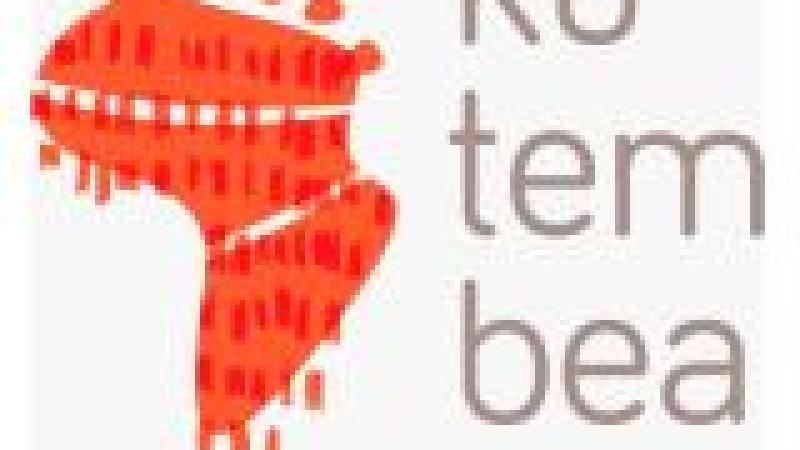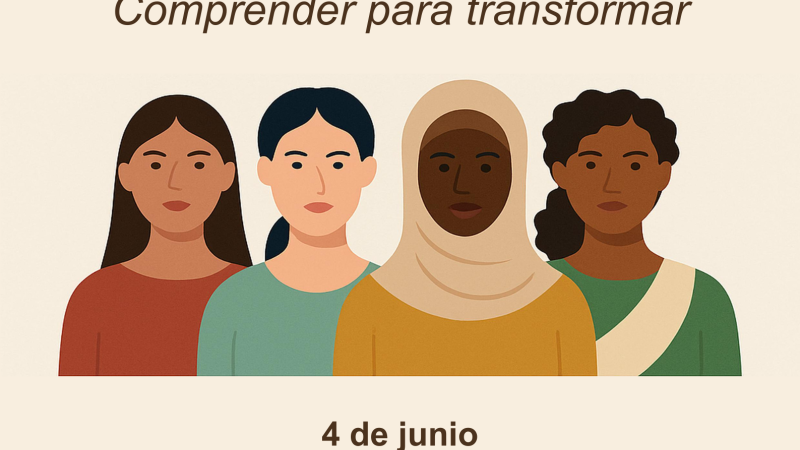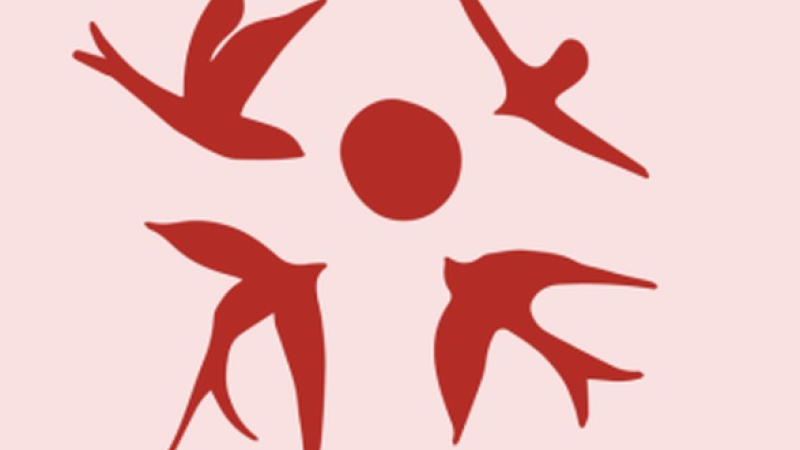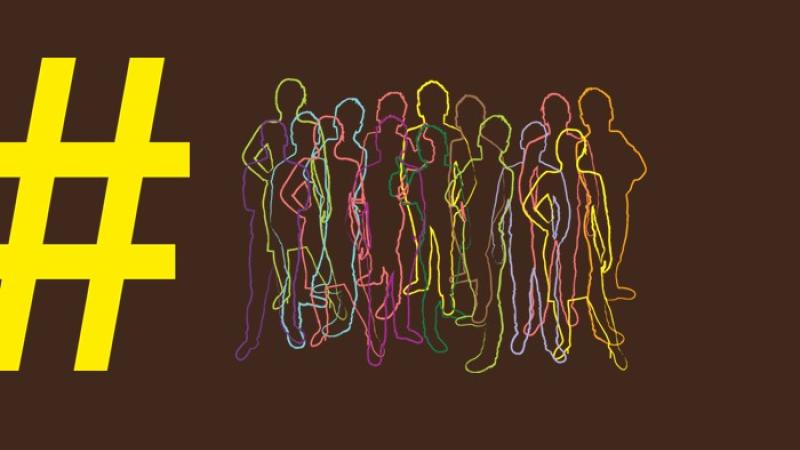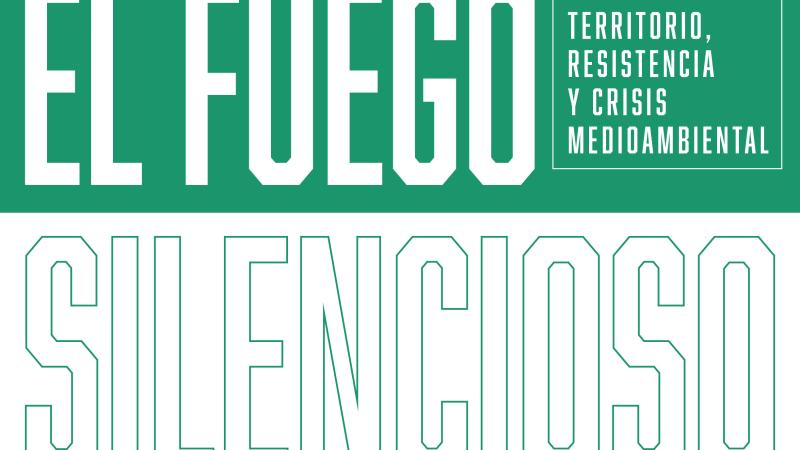Status message
In development mode.Error message

III Encuentro de periodistas África - España
Casa África and Spain’s Ministry of Foreign Affairs, European Union and Cooperation, with the collaboration of the Kenya Media Council, organize the III Africa-Spain Journalist Meeting, an event held for the first time in Africa and that in this edition will be shaped as an Advanced course on verification and new narratives on fact-checking journalism for Kenyan journalists.
On the last decade fact-checking journalism has emerged due to the enormous proliferation and effects of disinformation and fake news at a global scale. To contribute to tackle this enormous and new challenges, we want to bring to Kenyan journalists the experience and know-how of several media in Spain that have been worldwide recognized for their innovation and impact of their fact-checking journalism. A mutual learning experience that will also allow Spanish journalists to understand the specificity of African disinformation and see how Kenyan journalists and media deal with them daily, how to they fact-check and the tools they use for it.
December 1st and 2nd 2021, are the dates chosen. Seven Spanish fact-checking journalists and an African fact-checker from Africa Check will be part of this Advanced course on verification and new narratives on fact checking journalism. Around 30 Kenyan journalists will attend this course, that will provide a wide vision on the new trends that fact-checkers are developing, with a practical approach on fake news and how to combat misinformation.
This Casa Africa event, part of his African-Spanish networking meetings program, is possible thanks to the support of Spain’s Ministry of Foreign Affairs, The Spanish Embassy in Kenya, The Kenya Embassy in Spain, The Media Council of Kenya, Africa Check, EFE Verifica, El País, Maldita.es, Mundo Negro, Newtral and RTVE Verifica.
COURSE CONTENT
FACT CHECKING AS A CITIZEN SERVICE, by Desirée García, EFE Verifica. How does misinformation affect the daily lives of people around the world? We will explain why and how fact checking has become a necessary public service for citizens around the world. We will address the origin of the current phenomenon of disinformation and how verification initiatives arise; the most frequent types of disinformation, what are its effects and ways to combat it (verification methodologies, digital literacy, awareness); finally, we will tell how to verify from an international news agency and tips and tools to verify beyond our borders.
VERIFICATION, SOCIAL NETWORKS AND NEW NARRATIVES IN FACT-CHECKING, by Irene Larraz, NEWTRAL. A review of the verification process, including the detection of elements or data susceptible to be verified, which sources should be used and the use of tools both for verification of political discourse and for debunking false information. For example, we will talk about ClaimHunter, a tool developed by the Newtral team to monitor possible disinformation in social networks through an algorithm. In addition, we will review some examples of good verification practices in the electoral context and some examples of international partnerships and collaboration. Regarding social media dissemination and new narratives, we will address the use of audio and illustrations to disprove hoaxes on Twitter and TikTok, as well as some new tools such as Birdwatch.
FAKE NEWS: HOW DO THE BAD GUYS WORK? MOTIVATIONS AND TECHNIQUES, by Clara Jiménez Cruz, Maldita.es. A practical class designed to put us on the other side, to understand who and for what reasons disinformed, to learn how to deconstruct examples of disinformation and understand how they become really effective. The course will analyze how disinformation exploits lack of context and/or wrong context as disinformation, show the tools used by 'the bad guys' to exercise this disinformation and work with participants on practical examples.
PHOTO AND VIDEO VERIFICATION TO AVOID FAKE NEWS, by Óscar Gutiérrez, El País. Internet is the new great information scenario: millions of videos, photographs, messages... An increasingly higher percentage of the population, especially the youngest, is informed exclusively through information websites and social networks. Do we know the tools to verify these contents as an audience? Do we know how to use them to do better journalism as professionals? A computer, connection and free access tools, free and functional, to inform and investigate. That's all we need. We go into the Web and the areas where online content verification is most needed: catastrophes, conflicts, attacks, last hours and, especially, coverage far from reporters.
RESPONSIBLE VERIFICATION: REACHING WIDE AUDIENCES WHILE AVOIDING AMPLIFICATION, by Myriam Redondo (VerificaRTVE). Verification is becoming an essential activity in many newsrooms but for a public broadcaster it is very important to balance the “need to tell” with the need to avoid sensationalism. During the session we will provide examples of how we handle this debate at VerificaRTVE and how we stay aligned with this goal in every adaptation of our work (web, radio, TV programs). You will understand how important writing skills are for verification with a hands-on exercise.
COLLABORATING WITH FOREIGN MEDIA, HOW TO SELL YOUR WORK, by Carla Fibla (Mundo Negro). European and American media have been suffering an editorial and economic crisis for more than a decade. The closure of correspondents, cuts in travel for special envoys, and in access to local information, have made the international sections increasingly poorer from an informative point of view. Against this backdrop, local journalists can play a fundamental role. Knowing the ins and outs of foreign media, what differentiates them, their ability to be interested in issues occurring in other countries, will help students in this theoretical and practical class to establish an order of priorities and feel capable of launching concrete proposals to a foreign newsroom.
HOW DO AFRICAN AUDIENCES ENGAGE WITH DISINFORMATION AND WHAT DO THEY KNOW ABOUT FACT-CHECKING?, by Daniel Madrid-Morales. This workshop will present the results from a series of academic studies conducted in Kenya, Nigeria, Senegal and South Africa to understand why, when and how audiences engage (share, discuss and/or correct) with disinformation, and what their knowledge about fact-checking is. In addition, we will discuss some ways in which fact-checkers and fact-checking organizations can engage with their audiences to better understand their needs, expectations, and get feedback that can be incorporated to increase the reach and impact of counter-mis/disinformation strategies. The primary goal of the workshop is to provide practitioners empirical evidence about audiences’ views of their work that can be used to devise (or revise existing) audience centered strategies, projects and interventions.
IT’S ALL IN THE DETAIL: THE IMPACT OF FACT-CHECKING AND WHY IT MATTERS IN THE AFRICAN CONTEXT, by Alphonse Shiundu, Africa Check. In many countries in Africa, fact-checking is a new phenomenon for politics, policies and for keeping public debate honest. Many public figures ignore questions about sharing the proof for their claims. In a society where public figures and public officials abuse the automatic credibility and official legitimacy that is attached to their position, fact-checking is turning out to be a voice in the wilderness pushing for accuracy of the public record. This session will take a closer look at the impact of the work of fact-checkers in Africa, including several case studies of how Africa Check has been able to stop misinformation from polluting the global development conversations not just within countries, but also in bilateral and multilateral organisations.
FACT-CHECKING IN AFRICA: WORKING WHEN INFORMATION IS SCARCE AND EXPERTS ARE HARD TO FIND, by Alphonce Shiundu, Africa Check. How do you practice fact-checking when experts and data sources are not available? In much of Africa, the “most recent publicly available data” is usually a few years old. Further, experts are few and the best subject matter experts are always busy with their research or co-opted into political or business interests that it makes them unavailable to speak with fact-checkers to clarify disputed realities. What do African fact-checkers do? How do they make sure that they get data from the government vaults into the public domain? How well do the Access to Information protocols work? What other data sources can help in instances where in-country data is unusable, or unavailable? What other data do African fact-checkers think will add value to evidence-based policymaking, and what options do they have to push for better data collection? This session will attempt to answer these questions as it illustrates how fact-checkers work within different contexts and under difficult circumstances to make sure that public figures in the continent speak the truth.
JOINT SESSION, COVID-19 MISINFORMATION: A GLOBAL PANDEMIC. What have done fact-checkers in Africa and Spain to combat misinformation on COVID-19. Spanish and African factcheckers will share their experiences, show how they have faced the global misinformation on COVID-19 and the vaccines and how has misinformation affected the evolution of the pandemic in each country.
JOURNALIST PROFILES
Alphonce Shiundu: Kenya editor. Alphonce Shiundu joined Africa Check in January 2017 as Kenya editor. He was previously parliamentary editor of Standard Group Plc. Before then, he was a journalist at the Nation Media Group. He has experience and expertise in new media training, newsroom convergence and publishing technologies. He holds a masters degree in media and development from the University of Westminster, London; a bachelors in information sciences from Moi University in Kenya. He’s a Chevening scholar; an alumnus of the School of Authentic Journalism (Mexico), the Professional Fellows Exchange Programme (Washington DC), and the Young African Leaders Initiative (Nairobi). He believes in holding power to account. In his free time, he climbs mountains.
Desirée García is the head of EFE Verifica. She previously worked as a correspondent for sub-Saharan Africa, based in Nairobi, and specialises in international news. She has received grants to report on conflict and development and has produced the documentary "Owino", which has won awards at international festivals. She holds a BA in Journalism and a Masters in Politics and Democracy.
Irene Larraz (Newtral) Irene Larraz. Journalist with 11 years of experience in the media. Graduated in Journalism at the University of Navarra in 2010 and Master in Political Science at the Université Libre de Bruxelles in 2016. She has spent 10 years working in media in Latin America and the United States, such as El Tiempo in Colombia, La Estrella de Panamá, Voice of America as correspondent from Argentina for the United States or Grupo Expansión in Mexico. In these media she has covered various areas, combining reporting with editing and the production of in-depth reports, such as a profile for which she won the national Forum of Journalists Award in Panama in 2013, or the participation in an investigation for which she received a mention in the same competition, and an infographic for which she won the IAPA Award in 2016. Since 2016 she has worked in the area of fact-checking in media such as Ecuador Chequea (Ecuador), Verificado, a project in alliance with Animal Político, AJ+ and PopUpNewsroom (Mexico) and now, since January 2020, in Newtral as coordinator of the area of fact-checking and data. She is currently pursuing a PhD at the University of Navarra to research how artificial intelligence can contribute to verification.
Myriam Redondo. With a PhD on International Relations (IR) earned with a thesis on “Internet as a source of information” which won Complutense Extraordinary Prize in 2006, Redondo has a long trajectory as a freelance journalist, analyst and trainer specialized in international and online information/disinformation. As a pioneer of digital verification in Spain, journalists have been attending her related workshops since 2012 at universities, professional entities, civic associations and newsrooms (in-company courses). These have included professionals working for the most renowned national media: RTVE, ATRESMedia, EFE Agency, El País, El Mundo, Europa Press, ElConfidencial.com, Eldiario.es. She collaborated with Deutsche Welle Akademie for verification workshops in Africa and Asia and authored the book “Verificación digital para periodistas. Manual contra bulos y desinformación Internacional”, UOC 2018 (Digital verification for journalists: handbook against fakes and international disinformation). Currently she is in charge of VerificaRTVE, collaborates frequently with several TV and radio programs and is associate lecturer on IR at the Complutense University, Madrid.
Clara Jiménez Cruz is a Spanish journalist and Maldita.es' CEO. In 2018, after 9 years of professional experience at La Sexta TV, together with Julio Montes Moreno they created a non profit organization dedicated to fact-checking and transparency: Maldita.es. She holds a degree in audiovisual communication from the Carlos III University of Madrid and was awarded Best Young Journalist in 2020 by Madrid's Press Association. She was selected Ashoka Fellow in 2019 and is a member of the Advisory Board of the International Fact-checking Network.
Carla Fibla is a Spanish journalist and writer, specialized on the Arab world and Africa. She has lived and travelled in the Arab world for more than 15 years and has been a correspondent for Cadena SER and La Vanguardia, among other media outlets. She studied journalism in Madrid. At the age of 22, she settled in Cairo where she started working as a freelance journalist for various print and radio media. After obtaining a degree in International Information and Southern Countries from the Complutense University of Madrid, she worked for two years at Diario 16 in Madrid. In September 2001 she set up a regional correspondent's office in the Maghreb, based in Rabat (Morocco), from where she covered current affairs in Morocco, Algeria, Tunisia, Libya and Mauritania for Cadena SER and La Vanguardia. In mid-2008 she moved to Amman (Jordan) to open a new regional correspondent's office. She is currently editor of the magazine Mundo Negro, reportiong for the last six months from South Africa. In 2020 she was awarded with The Saliou Traoré Journalism Award for Information on Africa in Spanish.
Daniel Madrid-Morales. Assistant Professor, University of Houston. Media and communication scholar with a background in broadcast journalism and East Asian studies currently working in academia. Assistant Professor of Journalism the the Valenti School of Communication at the University of Houston. Previously, he spent four and half years at City University of Hong Kong as a Ph.D Fellow. Before entering academia, Daniel worked for over ten years as a scriptwriter and editor at Televisió de Catalunya, and taught undergraduate and graduate courses at Universitat Autònoma de Barcelona (UAB), Universitat Pompeu Fabra (UPF) and Universitat Oberta de Catalunya (UOC). He studies global political communication with an emphasis on State-sponsored news, misinformation and foreign public opinion. His work often crosses over disciplines including media and area studies, international politics, digital humanities and computational social sciences. Geographically, and mainly focused in communication processes in East Asia, where he lived for several years, and Sub-Saharan Africa, which is at the centre of his current research program. Firm believer in mixed methods research: from in-depth interviews to online experiments, and from computational text analysis to newsroom ethnography.
Oscar Gutiérrez (El País). Trained as a journalist with a Master's degree in International Relations (Universidad Complutense, Madrid), during the last decade of work at EL PAÍS he has focused on information in conflict and post-conflict areas, as well as on the terrorist and jihadist phenomenon, both in the Middle East and in Africa. After travelling to Syria and Iraq during the outbreak of the last war in Mesopotamia and the birth of the Islamic State, he has worked on analysing this jihadist group, its evolution and the threat to the West. This journey forced him to systematise the use of tools for verifying sources and online information, both in his work as reporter and in journalism classes in the EL PAÍS master's degree. Prior to this newspaper, he worked in digital press (20minutos.es), radio (Onda Cero) and as a researcher for Amnesty International.
WEDNESDAY, DECEMBER 1ST 2021
9.00 Welcome, accreditation and opening remarks (Casa África, Spanish Embassy and Kenya Media Council)
9.15 FACT CHECKING AS A CITIZEN SERVICE,by Desirée García, EFE Verifica
10.45 Coffee Break
11.00 FACT-CHECKING IN AFRICA: WORKING WHEN INFORMATION IS SCARCE AND EXPERTS ARE HARD TO FIND, by Alphonce Shiundu, Africa Check
12.00 DISINFORMATION: HOW DO THE BAD GUYS WORK? MOTIVATIONS AND TECHNIQUES, by Clara Jiménez Cruz, Maldita.es
13.30 Lunch Break
14.15 PHOTO AND VIDEO VERIFICATION TO AVOID FAKE NEWS, by Óscar Gutiérrez, El País
15.45 HOW DO AFRICAN AUDIENCES ENGAGE WITH DISINFORMATION AND WHAT DO THEY KNOW ABOUT FACT-CHECKING?", by Daniel Madrid-Morales
THURSDAY, DECEMBER 2ND 2021
9.00 VERIFICATION, SOCIAL NETWORKS AND NEW NARRATIVES IN FACT-CHECKING, by Irene Larraz, NEWTRAL
10.30 Coffee Break
10.45 RESPONSIBLE VERIFICATION: REACHING WIDE AUDIENCES WHILE AVOIDING AMPLIFICATION, by Myriam Redondo, VerificaRTVE
12.15IT’S ALL IN THE DETAIL: THE IMPACT OF FACT-CHECKING AND WHY IT MATTERS IN THE AFRICAN CONTEXT, by Alphonse Shiundu, Africa Check
13.30 Lunch Break
14.15 COLLABORATING WITH FOREIGN MEDIA, HOW TO SELL YOUR WORK, by Carla Fibla, Mundo Negro
15.30JOINT SESSION, COVID-19 MISINFORMATION: A GLOBAL PANDEMIC, by Desiree García, Irene Larraz, Clara Jiménez Cruz, Myriam Redondo, Alphonce Shiundu and Kenia Media Council.
16.45 Closing remarks, certificate of assistance delivery
